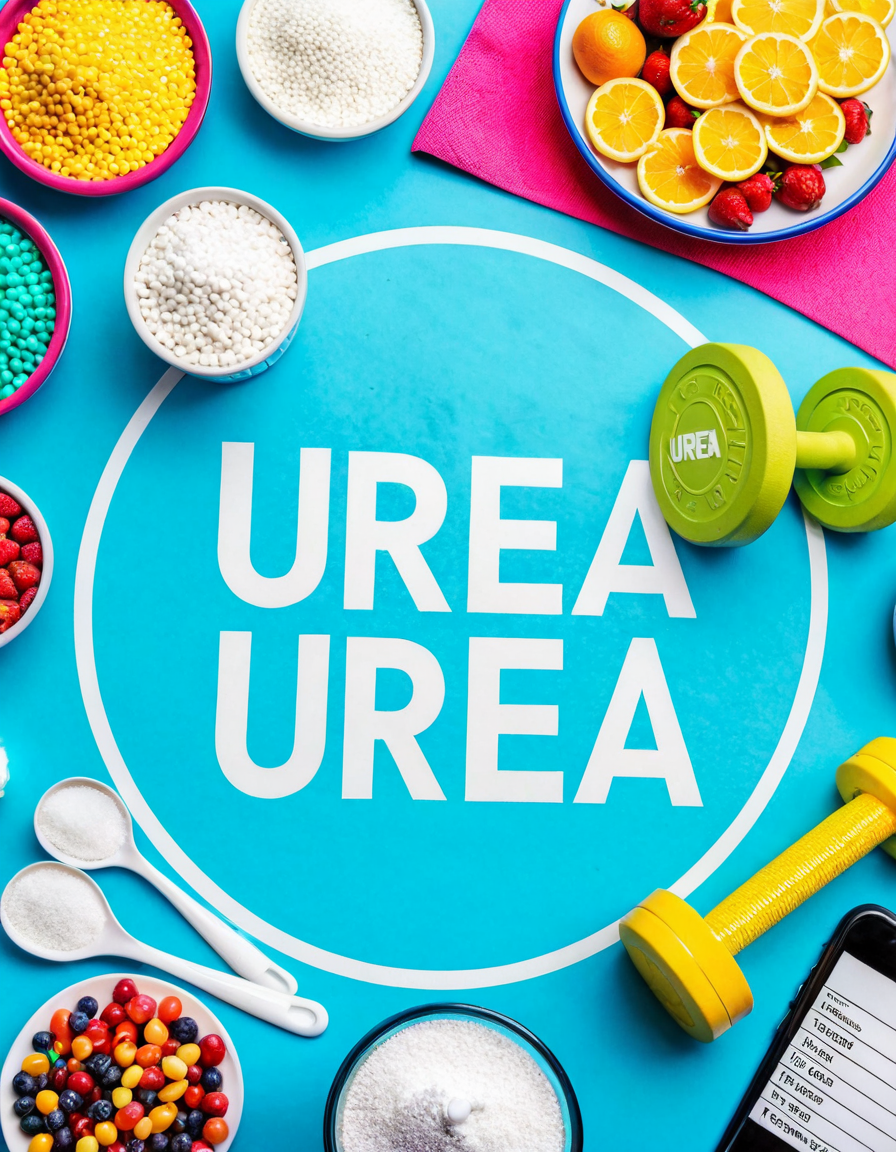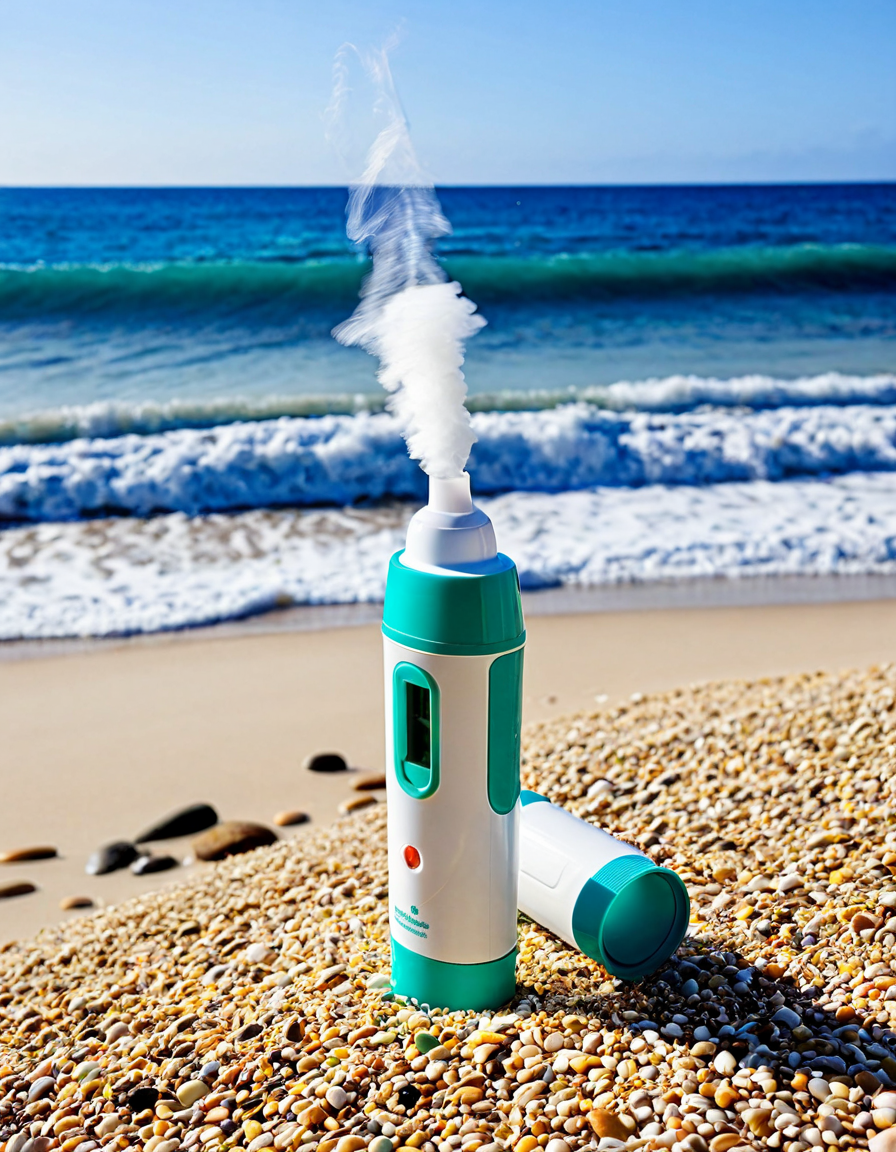When it comes to understanding our bodies, one crucial component that doesn’t get enough attention is urea. You might be asking yourself, “What is urea, and why should I care?” Well, buckle up, because knowing about urea is key to taking your health journey to the next level. Urea is not just some random waste product, my friend; it plays a vital role in how your body functions, especially if you’re looking to get shredded, build muscle, and maintain that ripped six-pack look you’ve always wanted.

Understanding the Basics: What Is Urea?
Urea is a nitrogenous waste product that gets created in the liver when your body breaks down protein. The urea cycle is what helps your body convert toxic ammonia into urea, a compound that gets excreted through urine. You don’t see it often on a health checklist, but urea is essential for keeping your body balanced. From hydration to skin health, urea influences several critical functions in your body. Knowing what urea is helps you appreciate how these little biochemical processes can lead to significant changes in your fitness and overall well-being.
Remember, how you treat your body can affect urea levels. High-protein diets, which are quite popular in the fitness community, can lead to elevated nitrogen levels. Those peaks need to be managed effectively; otherwise, they might cause problems down the line. With the right understanding and control over what is urea, you can optimize your health journey and boost your performance.
When focusing on your appeal and peak physical condition, don’t overlook urea’s broader benefits. By diving deeper into the importance of urea, you’ll realize how crucial it is in a holistic approach to fitness and nutrition.

Top Reasons Urea Matters for Your Body
1. Regulates Nitrogen Balance
Urea’s primary purpose is to regulate nitrogen levels in your body. Excess nitrogen, especially from a high-protein diet, can be harmful. Urea steps in to efficiently remove this excess, preventing toxicity. According to a study published in the American Journal of Clinical Nutrition, athletes using protein supplements must keep tabs on their urea levels to avoid risks. This balance is vital if you want to crush your fitness goals without compromising your health.
2. Promotes Hydration
Ever wonder why some skincare products seem to work wonders? Urea is a secret player in the hydration game! Many skincare brands like Eucerin and CeraVe infuse their products with urea’s hydrating properties. For those dealing with skin conditions like eczema or psoriasis, urea enhances the skin’s ability to retain moisture. Keeping your skin hydrated is essential for showing off those hard-earned muscles, don’t you think?
3. Enhances Nutrient Absorption
Your efforts in the gym are only as good as the nutrients you absorb, right? Research shows that urea can significantly improve the absorption of key vitamins and minerals. This is especially notable for essential minerals like zinc and magnesium. When you’re serious about building muscle, you need those nutrients to be available in your system. That’s why understanding “what is urea” can enhance your strategy for reaching optimal health.
4. Impacts Kidney Function
Correct urea levels are vital for kidney health. The kidneys filter urea out of your blood, and if those levels rise, it can signal kidney dysfunction. Regular monitoring of urea nitrogen levels is crucial. Little lifestyle changes can have massive implications for your kidney health, so being aware of your urea status can save you later down the line.
5. Potential Therapeutic Applications
Many researchers have taken a keen interest in the therapeutic abilities of urea. It has been used in controlled settings to help wound healing, especially for diabetic foot ulcers. Taking a proactive approach to understanding urea can unlock new strategies in health management. Can you believe such a simple compound could have such intricate applications?
6. Role in Metabolic Processes
Urea also plays a role in metabolic pathways that affect energy production. If you’re struggling with issues like obesity and metabolic syndrome, understanding how urea interacts with your metabolism opens the door for novel solutions. It’s fascinating stuff that puts urea at the intersection of fitness, nutrition, and overall health.
7. Connection to Disease States
Elevated levels of urea can often indicate various health issues, including liver disease and dehydration. Regular check-ups and knowing your urea levels provide critical insights. Ignoring this basic component may lead you down a path of unforeseen health struggles. Keep informed and tuned into your body’s needs.

Exploring Related Concepts: What Are Pepitas and Tempeh?
As we talk about urea, we can’t forget the foods we consume. Nutrients can either support or hinder our urea levels, and foods like pepitas and tempeh come packed with incredible health benefits.
What Are Pepitas?
Pepitas, or pumpkin seeds, are loaded with magnesium, zinc, and protein. Their antioxidative properties contribute to the regulation of important metabolic processes. So not only do they help with nutrient absorption, but they also play a role that loops back into urea’s importance in your body. Snack on pepitas while you’re prepping for your next workout, and you’ll be doing your urea levels a big favor!
What Is Tempeh?
If you haven’t already tried tempeh, you’re missing out! This fermented soybean product is rich in protein and probiotics, both of which are beneficial for digestion. By enhancing nutrient absorption, tempeh supports overall health—a key player in ensuring your body manages processes, including urea levels, effectively.

Cultural Context: What Is Mezcal?
Cultural practices affect our health, and mezcal is no exception. This agave-based liquor is becoming popular as a health-conscious alternative to sugary cocktails. When consumed in moderation, it can fit into a balanced lifestyle. However, keep in mind that excessive alcohol can ramp up urea production because of protein breakdown during metabolism. So while you enjoy that mezcal, remember to stay on track with your health and fitness.

Health Considerations: What Is Percocet and What Is Lube?
Percocet, a combination of oxycodone and acetaminophen, often brings concerns related to kidney health. In situations of chronic pain, it’s essential to consider how such medications can affect your body, including urea management. Similarly, talking about lube isn’t just about sexual health. It relates to hydration and skin health, reminding us how interconnected various bodily functions are.
Eye Health: What Is Astigmatism?
Though not directly related to urea, conditions like astigmatism emphasize the interconnectedness of your overall health. Regular health checks can reveal metabolic issues that could tie back to how your body manages urea and demonstrates why maintaining a comprehensive health outlook is so important.
Innovating Our Understanding of Urea
In a world where information is constantly evolving, gaining insights into urea and its multifaceted role is crucial for achieving wellness. Understanding urea’s benefits, combined with dietary choices from pepitas to tempeh, sets you up for success. As we bolster our knowledge of how various foods and sensitivities impact our health, we make informed decisions about our overall well-being. Whether we’re chowing down on nutrient-rich foods or enjoying a glass of mezcal responsibly, let’s not forget the intricate dance of urea and health that fuels our journey ahead.
So now that you know what urea is, why it matters, and how it intertwines with your health and fitness goals, get ready to crush those workouts! Cheers to your journey towards a stronger, healthier you!
What Is Urea and Why It Matters for Your Body
The Basics of Urea
So, what is urea? This simple compound, produced by our bodies primarily in the liver, plays a crucial role in disposing of excess nitrogen, which is a byproduct of protein metabolism. In fact, urea is about 46% nitrogen. Interestingly, it’s one of the key components in urine that helps keep our bodies in balance. When protein-rich foods are digested, urea is formed and excreted through the kidneys, allowing us to maintain healthy nitrogen levels. Think of it as your body’s way of keeping track of what it doesn’t need anymore!
Now, here’s something fun to chew on: did you know that urea isn’t just sitting around in your body doing nothing? It has practical applications outside of human biology, too! Companies use synthetic urea in fertilizers and even in some industrial applications, proving that what we often take for granted has its own little corner in the economy. Urea is like the unsung hero of human waste—without it, our bodies would struggle to politely handle the byproducts of the delicious meals we eat. This is particularly interesting considering how vital our diets are to our health, a topic that overlaps with understanding things like What Is tetanus, especially when we think about nutrition and overall well-being.
Urea’s Role in Health
But wait, there’s more! Urea plays a significant role in diagnosing health issues. Doctors often test urea levels in the blood to gauge kidney function and hydration status. High levels might suggest dehydration or problems like a Comminuted fracture that’s led to muscle breakdown. It’s a fascinating peek into how interconnected our body systems really are—what happens in one part can impact another. This is why understanding basic compounds like urea can be incredibly informative for anyone looking to get a grip on their health.
And here’s a fun trivia nugget: did you know that the way our body processes urea could even affect our workouts? For example, those who lift weights, like during an incline bench press, may experience shifts in urea levels based on their muscle recovery. It’s just another piece of the puzzle showing that our bodies are always at work, whether we’re consciously thinking about it or not. Just imagine how athletes at places like the Portland International raceway keep tabs on their performance, including urea monitoring, to ensure they’re on top of their game!
A Deeper Dive into Urea Science
So, what is urea really saying about your health? The body is always striving for equilibrium, and learning about urea gives us insight into this ongoing balancing act. Anyone interested in the nitty-gritty of bodily functions might be intrigued by the scientific journey of urea—from its formation to its role in urine. Speaking of curious facts, considering the variety of metabolic functions in our body, wouldn’t it be wild if we took a moment to dive into other body processes, even some unrelated ones like the definition of an enema? Both explore the fascinating mechanics of our systems, albeit from very different angles.
In sum, understanding urea gives us insight not only into our health but also into broader applications of this simple compound. Next time you’re enjoying a high-protein meal, you might think about how your body will deal with those amino acids, producing urea along the way. And if you’re single men out there contemplating beefy protein diets, remember that your urea production depends on the level of your muscular activity and overall metabolism. It’s another fascinating intersection of lifestyle, health, and chemistry! So, keep these thoughts in mind as you go about your day, knowing that urea is quietly working behind the scenes, keeping everything running smoothly.



























